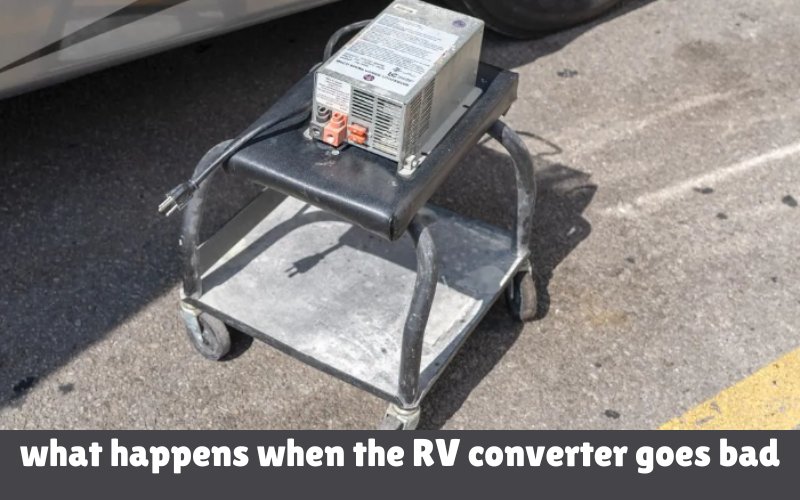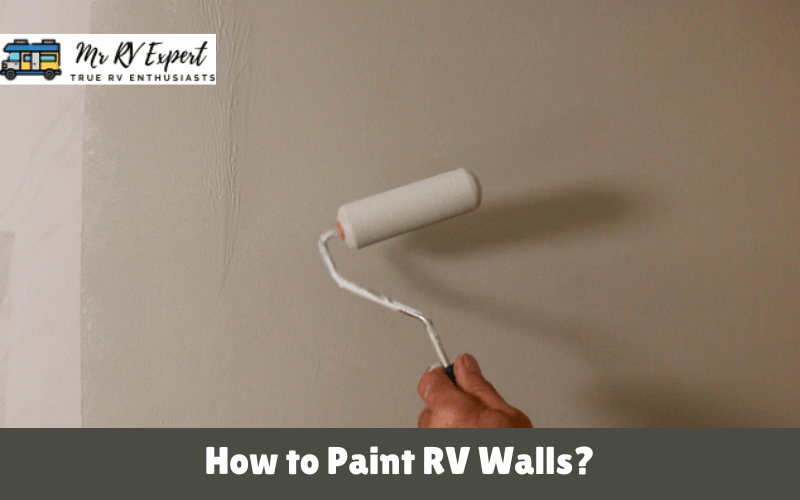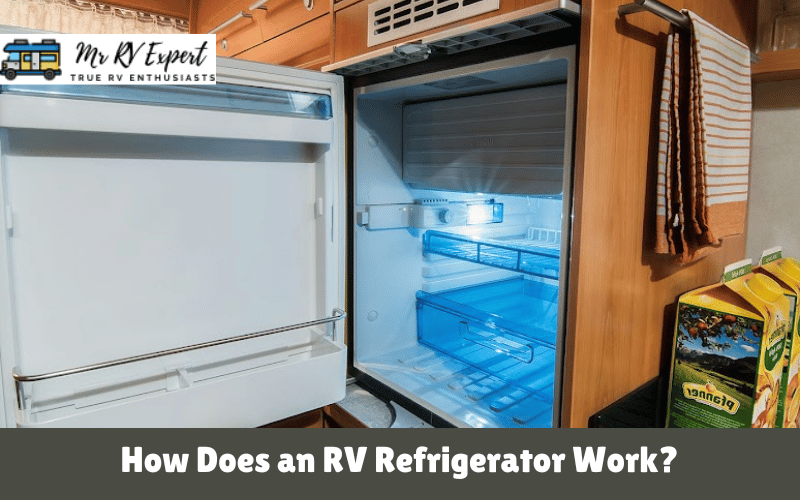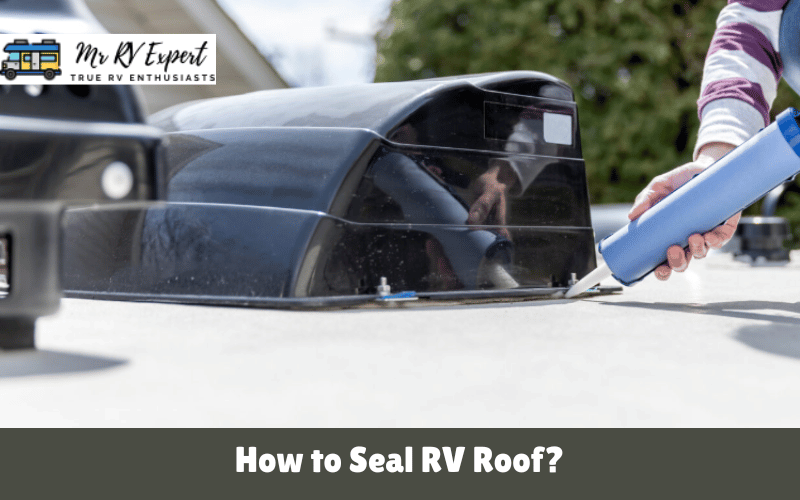Your RV’s electrical system is the lifeblood of your journey, and a faulty converter can damper your whole experience. Using an RV provides the great advantage of having access to electricity, which enables you to cook proper meals using your stove, and microwave and keep your food fresh in the refrigerator. Moreover, you can enjoy various entertainment options such as television, stereo, and gaming consoles while monitoring your RV’s essential systems using gauges and monitors. However, the RV converter is a crucial component that ensures the power supply to all these devices. In the event of a failure, the converter may not function correctly, resulting in a power outage in your RV. Despite being robust, RV converters are still susceptible to breakdowns. So, if you start experiencing power outages or notice your electronic devices acting up, don’t sweep it under the rug – address it head-on and get your RV back on the right track.
Table of Contents
What does your RV converter do?
The RV converter is critical in converting the 110-volt AC shore power into the 12-volt DC power that the house batteries require. On the other hand, the inverter performs the opposite function. These devices must function correctly to ensure that the shore power voltage remains within the range of 108-130 while the battery voltage stays between 11-13 volts.
If your converter malfunctions and requires a replacement, the cost can range anywhere from $150 to $1,600, depending on the amperage involved. For RVs, the replacement cost typically exceeds $400. Since replacing the converter is complicated, seeking professional help is advisable. If installed incorrectly, the converter could damage the entire electrical system, leading to costly repairs. Therefore, it’s best to entrust the task to experienced technicians.
Signs Your RV Converter Could Be Bad
Your RV converter supplies power to your electrical devices and charges your house batteries. When it starts to malfunction, you will see warning signs that could indicate a problem with your converter. One of the easiest indicators is the dimming of your interior lights. If your electronic devices are not working properly or your refrigerator is struggling to maintain its temperature, it could also be a sign of a faulty converter.
If your outlets are not receiving the right amount of electricity or your house batteries are drained and no longer holding a charge, these could also be signs of a bad converter. Before you start checking your RV’s complicated electrical connections, it is essential to check your electrical devices first. Sometimes, the problem could be with the device itself, which can save you time and prevent unnecessary frustration.
How to Test Your RV Converter?
If you have ruled out the possibility of damaged devices, there are several tests you can perform to determine if your RV converter is bad. One of the first places to check is your shore power and DC breaker box. Ensure that the power in your RV is within the AC or DC volt ranges, as reading outside could indicate a faulty converter. Another test involves checking your batteries. Fully charge them, disconnect them from your camper, and isolate them from your electrical system. If your house batteries are fully charged but still experiencing problems, it could be due to a bad converter. On the other hand, if your batteries are not charging, then you need to replace them.
Checking the Converter Fan and Temperature Sensor
Another way to tell if your RV converter is bad is by checking the fan and temperature sensor. The fan’s purpose is to prevent the converter from overheating by intermittently turning it on and off based on the internal temperature. If your converter reaches higher temperatures, your RV could have electrical issues. To test this, use a meter to check the fan’s power line’s voltage levels. If the fan needs to be replaced, use the same fan part designed for your converter’s specific needs.
If the fan is not the issue, check the converter’s temperature. If it feels above normal, it could be your temperature sensor that has malfunctioned. Use a meter on both sides of the sensor to check if the power reading is within the proper range.
Testing Circuit Breakers and Fuses
Testing your circuit breakers one by one is another troubleshooting technique to tell if your RV converter is bad. Open and close each breaker individually to see if the power is reaching its destination. If one of the fuses looks burnt and the metal bridge inside is cracked, you will need to replace it. Having a set of backup fuses in your toolbox is always a good idea.
Cleaning the Circuit Board and Replacing Resistors and Diodes
If the above tests do not resolve the problem, you can unscrew your circuit board and check for any battery acid build-up on the connections. Use a mixture of baking soda and water to gently clean it away, and ensure your coach has no electricity running through it during the cleaning process.
Resistors and diodes are more complex components that could indicate a problem with your converter. Resistors control the voltage from your 12-volt DC power sources, and they can be difficult to replace due to being riveted into the circuit board. Diodes are designed to keep power flowing in one direction, and they are hard to test even by experienced RV technicians. If your resistors or diodes are causing issues, it might be best to take your RV to a professional to discuss replacing them or the converter.
Summing up:
A bad RV converter can cause various electrical issues, leading to frustration and inconvenience during your travels. By checking your electrical devices first and then troubleshooting your converter, you can determine the cause of the problem and decide whether to repair or replace it. It is always a good idea to understand your RV’s electrical system and carry backup fuses to prevent further damage. By taking proper care of your RV converter and addressing any issues promptly, you can ensure that your electrical system runs smoothly and enjoy your travels with peace of mind.









